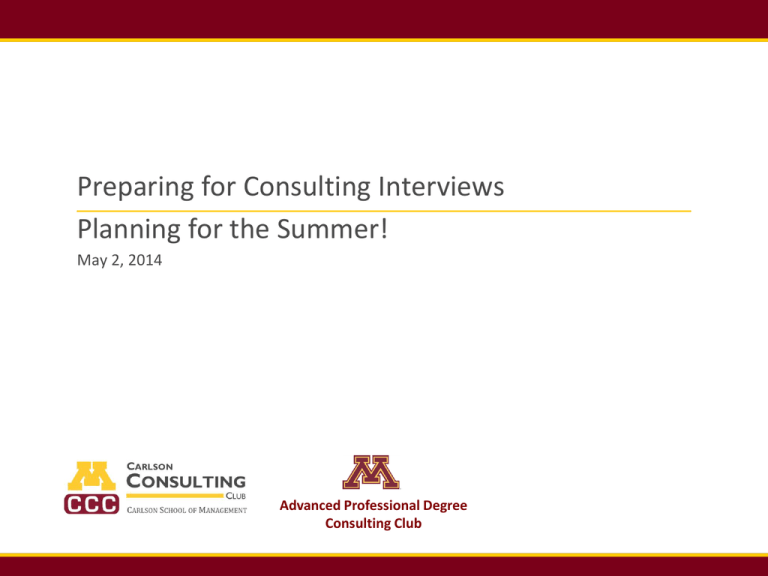
This approach made my case resolution and even my fit nearly perfect.Īs soon as I "programmed" my mind to think like an MBB consultant, solving the cases just like they solve their client's problems became second nature to me.Įven structuring problems, a real challenge for me before that shift, became easy and effortless. And I would start with learning to structure cases from scratch. Most of my friends were being rejected and they were smart, went to a target school and were dedicating hours and hours to prepare.Īnd so I decided to try what felt intuitive to me: I would learn to think and speak like a real consultant. It didn't work for me once, it wasn't gonna work this time.Īnd honestly, I suspected it wasn't working for most people either. I was no more of a natural-born consultant when I got multiple offers than when I was rejected from every firm I applied to.īut as soon as I decided to try again, I made a commitment with myself: I was not gonna do what everyone else was doing. Well, there was, indeed, a missing piece!
Loms consulting case interview how to#
I knew what my interviewers would ask me next in the interview, and I knew how to answer their questions perfectly. The second time I applied, I got an offer from McKinsey and another one from Bain.Įven better, I knew I could get into virtually any consulting firm I applied to.Īll the cases I was doing were easy to me, even the tough ones.

I got rejected of all consulting firms the first time I applied. It actually took me another year to get in.

I even started thinking that maybe I just wasn't born to be an MBB consultant. I didn't understand why nobody was talking about the cases that wouldn't fit the frameworks and how to solve those. They made conceptual sense but weren't tangible enough to use in practice. We both agreed at the time that solving cases was FUN, but that we didn't have the tools we needed to really feel confident during the interview. He was ranting about the interview process after being rejected from a Bain Final Round, his last shot at an MBB.Īnd it's a phrase I will never forget, because it's exactly how I felt at the time. "It feels like a piece of the puzzle is missing."Ī friend said this phrase to me one night when we were out having a beer. Simple profitability cases would become a never-ending stream of complex charts to be understood and interviewers expected me to know the nuances of industries foreign to me.Īnd even though interviewers were telling us not to worry too much and just show how we thought about the problem, it was hard not to worry when so much was at stake. I got cases about strategy topics I'd never seen before. It was like the interviewers were designing the cases so that recalling frameworks was useless to solve them. It felt like I was studying for a test with materials that were not at the difficulty level I'd find in the real test.Īnd the worst part is that the frameworks that were working so well in the cases provided by my books, PDFs and audio files, suddenly weren't working anymore.

These questions were much, much harder than the ones I'd find in casebooks or when practicing with other candidates. Why do these inventories exist? (pointing with a finger to a part of a drawing explaining the supply chain of deep oil extraction) (Bain)īeginner books and resources didn't prepare me for that.How would you determine the internal pricing for cargo between multiple airline companies within the same conglomerate? (BCG).How would you help a government structure its basic education curriculum? (McKinsey).Here are some examples of cases I had to solve in my interviews: Once the interviews came along, nothing seemed to work anymore.Ĭompared to my mock-interviews, all the cases were odd, all the questions were harder. I wanted to be in the best shape possible before my first rounds.īut unfortunately, it didn't work as planned. I was doing two or three cases per day, listening to audio programs, watching Youtube videos and combing through the internet for answers for all the "what-if" questions that would pop-up in my mind. This was one of many questions that went through my mind as I was burying my head in books and printed PDFs that were supposed to help me get my dream job at McKinsey.


 0 kommentar(er)
0 kommentar(er)
